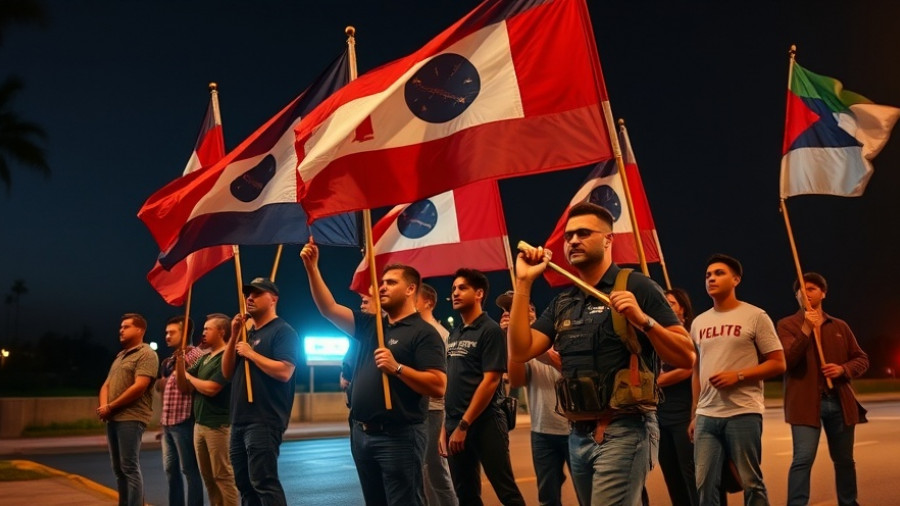
The Ongoing Hostage Crisis: A Testament to Suffering
The recovery of deceased hostages from Gaza by Israeli officials is a profound narrative of loss intertwined with the complexities of war. Recently, Israeli forensic experts struggled to identify remains returned by Hamas, raising suspicions about whether the body truly belonged to a deceased Israeli hostage. This uncertainty adds another layer of distress for the grieving families awaiting definitive closure.
Historical Context and the Current Diplomatic Landscape
The ongoing conflict between Israel and Hamas has intensified over the past two years, resulting in significant casualties and hostages on both sides. The recent attempts to recover remains symbolize the fragile dynamics in the region. Every handover has been marred by contention, exacerbated by accusations of ceasefire violations and mistrust. Hamas has reportedly returned 16 out of the 28 deceased hostages, yet debates over the authenticity of the recovered bodies persist, leading to a tense atmosphere among those awaiting answers.
Social Connection: The Personal Toll on Families
For many families, each return is not just a matter of politics—it’s deeply personal. The grief shared among communities demonstrates the tragic human cost of this conflict. Yael Adar, mother of Tamir Adar, highlighted the emotional burden families endure as they stand vigil at the nation's borders. "I stand with the families," she said, emphasizing unity in shared sorrow. The return of each body is a reminder of the lives impacted by the ongoing war.
Relevance of Current Events: Urgency Amidst Delays
As the world watches, the urgency for resolution grows. A diplomatic source has indicated possible coordination between Hamas, the Red Cross, and Egyptian teams to search for additional remains, showcasing efforts toward finding closure for families. However, Israeli government officials, including spokesperson Shosh Bedrosian, have openly condemned Hamas for not adhering to the ceasefire agreement, resulting in families feeling abandoned amidst growing international attention on the crisis.
Emotional and Human Interest Angle: The Impact of War on Faith
For many Christian believers globally, the plight of the Israeli hostages and their families evokes a deep sense of empathy. The suffering witnessed can be viewed through the lens of faith and hope for peace in the region. As mission-minded individuals and social justice advocates, the responsibility to engage with issues of persecution and conflict underscores the need for greater interfaith dialogue and humanitarian efforts.
Actionable Insights: What Can We Do?
Understanding humanitarian crises can empower believers to take action. Support for organizations that work on the ground in conflict areas and advocacy campaigns can raise awareness globally about the intricacies involved in these situations. Engaging in prayer, dialogue, and community efforts that promote peace can make a difference. Every voice adds to the call for compassion across divisive lines.
As this conflict continues to unfold, staying informed and involved is crucial. Let's honor the stories of those affected and commit ourselves to fostering understanding and peace in our communities and the world.
 Add Row
Add Row  Add
Add 








Write A Comment